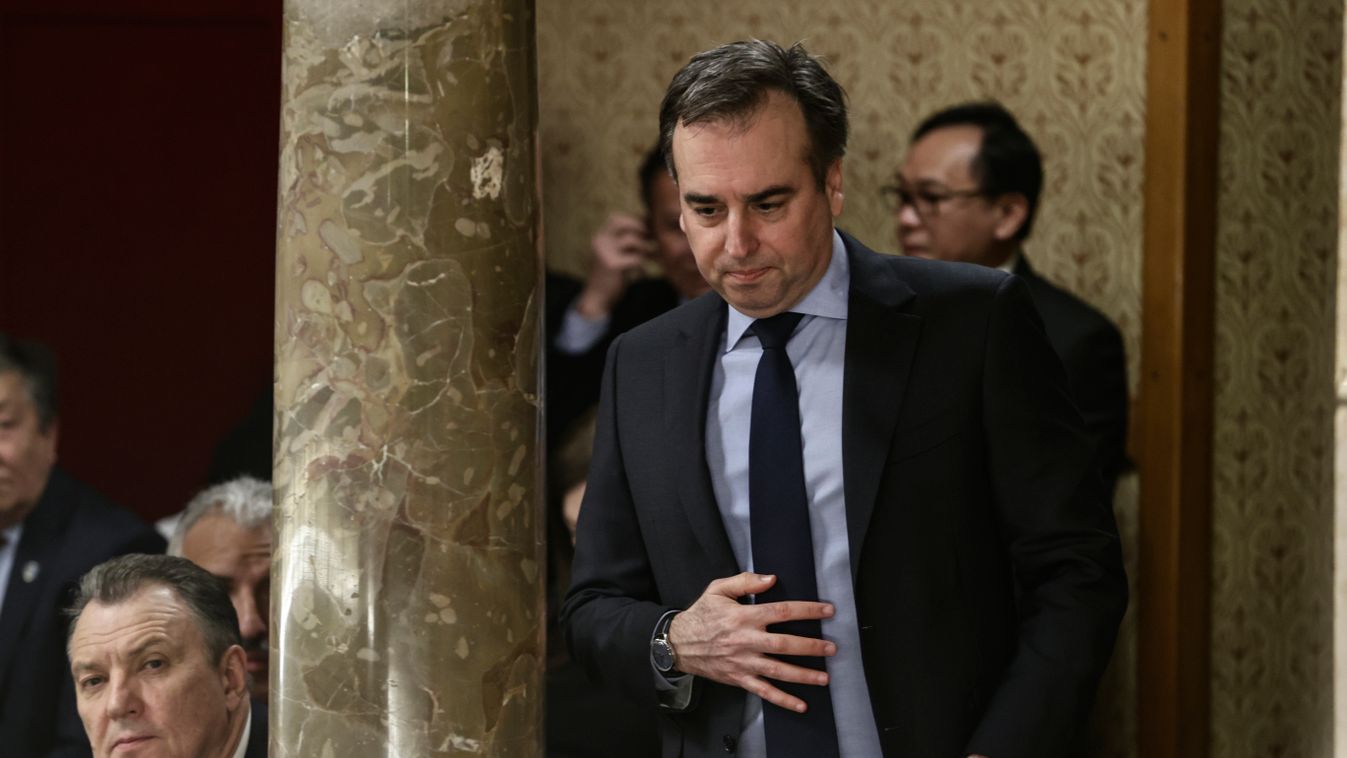U.S. ambassador to Hungary David Pressman is spreading misinformation about Hungary and its use of Russian energy sources in his latest video post, according to a Hungarian energy expert interviewed by the Magyar Nemzet newspaper.
Energy lawyer Máté Tóth said in his interview that the countries cited in the video as positive examples of rejecting Russian oil and gas paid several times more for alternative energy sources and were less reliant on Russian energy before the war in Ukraine began.
The video posted by Pressman starts with Foreign Minister Péter Szijjártó’s statement that Hungary’s energy supply could not be secured without Russian gas, and then cites foreign counter-examples: the Czech Republic, Poland and Bulgaria, which, according to him, “significantly reduced” their imports of Russian gas in 2023.
“What is left out of the video is that our immediate neighbor Austria buys 98 percent of its gas from Russia,” Tóth said, which is a higher amount than Hungary, yet Austria has not suffered the same criticism from the U.S. government.
“What we saw was a very, very poor quality propaganda video that was divorced from the facts,” the expert began his assessment. According to Tóth, Hungary is in fact diversifying its gas supply, and in addition to increasing its own production, the country is also buying gas from several sources.
In addition, it is worth noting that many of the Western countries who claim they have reduced Russian energy exports have actually been importing Russian gas through the backdoor, namely through India. Indian natural gas imports into the EU have soared since the outbreak of war with Russia, and there is wide agreement that this is simply Russian gas using India as a middleman.
[pp id=109787]
Hungary, like many European countries, is racing to diversify away from Russian gas, including through solar energy, where Hungary has become one of the leading adopters in Europe.
“Hungary is also participating in LNG (liquefied natural gas) auctions in the region, such as the one in Gdansk,” he pointed out. However, the process of diversifying away from Russian energy does not happen overnight, so any reproach is “unjustified and insulting,” the expert stressed.
“On the other hand, there is not enough free gas trading capacity available in the world to make such wish-driven gas supply changes feasible,” Máté Tóth noted.
The Czech Republic and Poland, which are positive examples in the video, were not so dependent on natural gas in the first place, as they generate most of their electricity from coal-fired power plants, mainly lignite plants. This is highly polluting, but the Biden administration, usually so sensitive to green issues, seems not to mind this time, criticizes Tóth.
Tóth additionally argues that a country’s consumption of natural gas cannot be subordinated to political ends and that nations “see the dangers of that.” The Hungarian expert notes that countries mentioned in the ambassador’s video as positive examples have unilaterally switched from Russian gas to U.S. gas.






